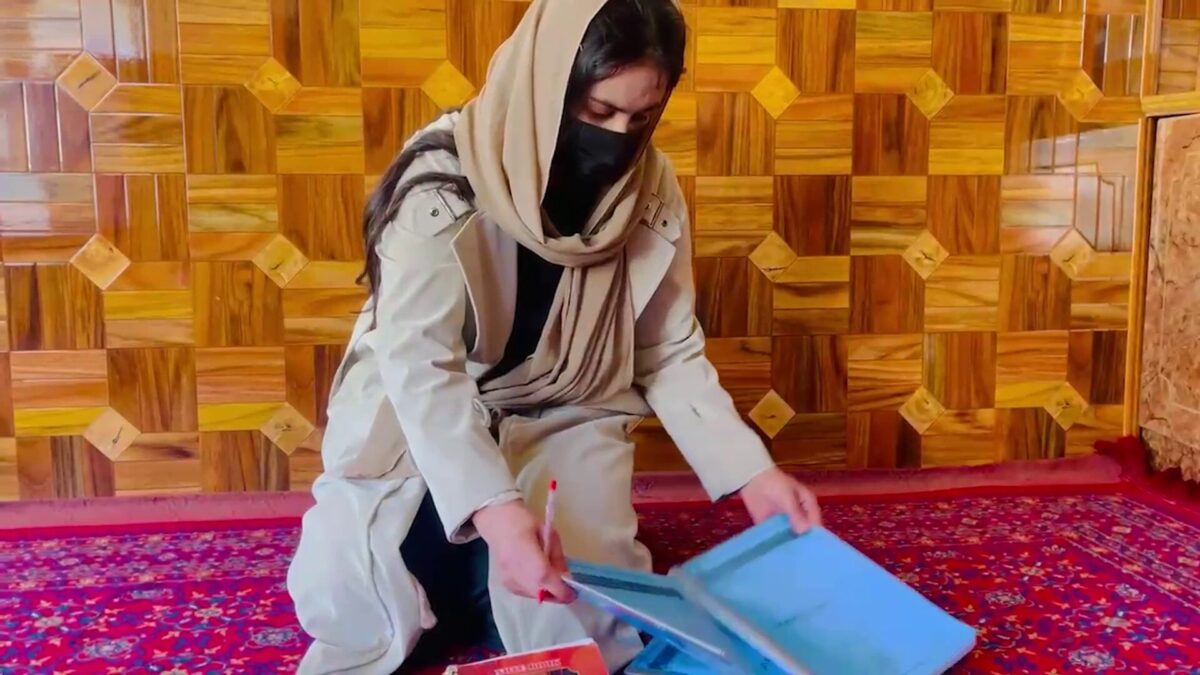KABUL, Afghanistan — For Samira, this Eid al-Fitr feels more like a time of grief than celebration. The 13-year-old had just completed sixth grade last year and was eagerly awaiting the start of the new school year. But under Taliban rule, girls above sixth grade are barred from attending school—a policy that has turned what should be a joyful holiday into a reminder of lost opportunities.
“We had hoped that with the new school year, we could return to school with new clothes, new books, and celebrate Eid with our classmates,” Samira said. “But this Eid is not Eid for us. It’s all sorrow. It means nothing to me. I am heartbroken and anxious.”
It has now been nearly 1,300 days since the Taliban closed secondary schools to girls, a restriction in place since their return to power in August 2021. The impact, according to global human rights groups, has been profound. Reports indicate a rise in depression among adolescent girls and a surge in forced and early marriages.
A recent post by the global education initiative “Education Cannot Wait” on the social platform X warned that the Taliban’s continued ban on girls’ education could deepen Afghanistan’s internal crises. The organization praised the resilience of Afghan girls but said that their courage alone is not enough.
“The bravery of Afghan girls is undeniable,” the statement read. “But their efforts alone will not be enough to close the gap between the number of girls who have a right to education under international law and those who can actually access it.”
The United Nations has previously reported that more than 2.2 million girls have been denied education since the Taliban’s return to power. If the ban remains in place through the end of the decade, the number could exceed 4 million by 2030. In the current school year alone, an additional 400,000 girls have been blocked from attending classes, according to U.N. figures.
The policy has drawn sharp criticism from international bodies, rights groups, and Afghan families alike. But for students like Samira, the toll is personal—and immediate.
“I just wanted to go to school,” she said. “Instead, we are left with uncertainty and sadness.”





